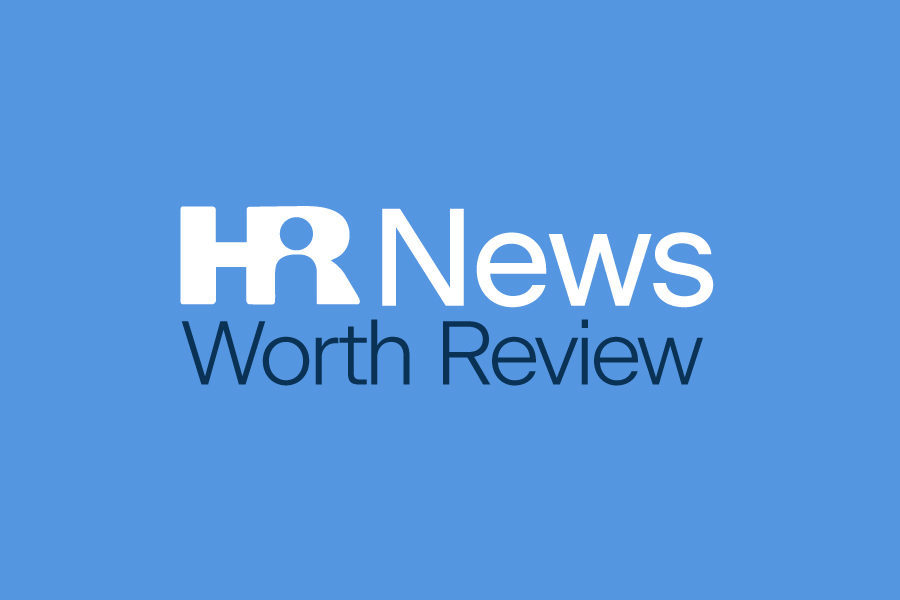Pay or Play Affordability Percentage Decreased for 2023
On Aug. 23, 2023, the IRS issued Revenue Procedure 2023-29 to index the contribution percentages in 2024 for determining the affordability of an employer’s plan under the Affordable Care Act (ACA).
For plan years beginning in 2024, employer-sponsored coverage will be considered affordable if the employee’s required contribution for self-only coverage does not exceed:
- 8.39 percent of the employee’s household income for the year for purposes of both the pay or play rules and premium tax credit eligibility. This is the most substantial decrease in this percentage since these rules were implemented (down from 9.12 percent in 2023). It is the lowest that this percentage has ever been set, more than 1.00 percent below the statutory affordability percentage of 9.5 percent.
As a reminder, employers may use an affordability safe harbor to measure the affordability of their coverage. The three safe harbors that measure affordability are based on Form W-2 wages from that employer, the employee’s rate of pay, or the Federal Poverty Level. Please see our ACA Toolkit on using these three safe harbors.
To illustrate this increase, the maximum monthly premium you could charge an employee who earns $12.00 an hour (assuming he or she works 40 hours per week for the W-2 method) using the three safe harbor methods would be:
| W-2 | Rate of Pay | Federal Poverty Level* | |
| 2023 | $189.70 | $142.27 | $106.41 |
| 2024 | $174.51 | $130.88 | $101.94 |
*Assumes “normal” FPL increase for 2023
Employee Takeaway
The updated affordability percentages are effective for taxable years and plan years beginning on or after Jan. 1, 2024. The updated affordability percentage for the pay or play rules is the most significant decrease since these rules were implemented. As a result, many employers may have to lower their employee contributions for 2024 to meet the adjusted percentage.
Medicare Part D Notices Are Due Before Oct. 15, 2023
Each year, Medicare Part D requires group health plan sponsors to disclose to individuals who are eligible for Medicare Part D and to the Centers for Medicare and Medicaid Services (CMS) whether the health plan’s prescription drug coverage is creditable. Plan sponsors must provide the annual disclosure notice to Medicare-eligible individuals before Oct. 15, 2023 — the start date of the annual enrollment period for Medicare Part D. CMS has provided model disclosure notices in English and Spanish for employers to use.
This notice is important because Medicare beneficiaries who aren’t covered by creditable prescription drug coverage and don’t enroll in Medicare Part D when first eligible will likely pay higher premiums if they enroll at a later date. Although there are no specific penalties associated with this notice requirement, failing to provide the notice may be detrimental to employees.
To make the process easier, employers often include Medicare Part D notices in open enrollment materials sent out annually. If a plan sponsor chooses to provide the disclosure notice with other plan participant information, the creditable coverage disclosure must be prominent and conspicuous. This means that the disclosure notice portion of the document or a reference to the section in the document that contains the disclosure notice portion must be prominently referenced in at least 14-point font in a separate box, bolded or offset on the first page of the provided plan participant information. Also, as a practical matter, group health plan sponsors often provide creditable coverage disclosure notices to all plan participants. Additionally, plan sponsors may use the electronic disclosure standards under Department of Labor (DOL) regulations in order to send the creditable coverage disclosure notices electronically (see our white paper on the DOL’s Electronic Disclosure Safe Harbor Rules).
Employee Takeaway
Employers should confirm whether their health plan’s prescription drug coverage is creditable or non-creditable and prepare to send their Medicare Part D disclosure notices, or include them with enrollment materials, before Oct. 15, 2023 – i.e. – by October 14. As a reminder, “before” means the individual must have been provided with the notice within the past 12 months. So, if it was provided with last year’s open enrollment materials on or after Oct. 16, 2022, that will suffice.
DOL Proposes FLSA Overtime Rule with Higher Salary Levels for White-Collar Employees
On Aug. 30, 2023, the U.S. Department of Labor (DOL) announced a proposed rule to amend current requirements employees in white-collar occupations must satisfy to qualify for an overtime exemption under the Fair Labor Standards Act (FLSA). The general public will be allowed to comment on the proposal once it’s published in the Federal Register.
Increased Salary Level
The FLSA white-collar exemptions apply to individuals in executive, administrative, professional, and some outside sales and computer-related occupations. Some highly compensated employees may also qualify for the FLSA white-collar overtime exemption. To qualify for this exemption, white-collar employees must satisfy the standard salary level test, among other criteria. This salary level is a wage threshold that white-collar employees must receive to qualify for the exemption.
The DOL is proposing to increase the standard salary level from:
- $684 to $1,059 per week ($55,068 per year); and
- $107,432 to $143,988 per year for highly compensated employees.
The DOL proposal also includes mechanisms that would allow the agency to automatically update the white-collar salary level thresholds automatically every three years without having to rely on the rule-making process.
The federal rule-making process requires the DOL to allow the public to comment on proposed regulations before the agency adopts and implements final regulations. For this rule, the DOL has established a 60-day comment period. However, although the DOL has announced the proposed rule to amend the FLSA white-collar exemptions, the proposal has not been published yet in the Federal Register. Those wishing to comment on the proposal must wait until the rule is published and the comment window begins.
Employee Takeaway
The proposal does not impose any new requirements on employers at this time. However, employers should become familiar with the proposed rule and evaluate what changes they may need to adopt if the rule is implemented as proposed – see FAQs on the rule here. We will keep you updated as these rules progress.
IRS Addresses Claims Substantiation Requirement for FSAs
The IRS recently issued a Chief Counsel Advice Memorandum that provides important reminders about the claims substantiation requirements for flexible spending accounts (FSAs). These requirements apply to FSAs that reimburse medical expenses (health FSAs) and FSAs that reimburse dependent care expenses (dependent care FSAs).
Substantiation Requirements
Most FSAs are offered under a Section 125 cafeteria plan to allow employees to make pre-tax contributions. Under federal tax rules, all claims for reimbursement from an FSA must be substantiated by information from a third party that is independent of the employee and the employee’s spouse and dependents, such as an explanation of benefits (EOB) from an insurance company or a detailed receipt from a medical or dependent care provider.
Many FSAs use debit cards to make it easier for participants to access their funds. Certain electronic transactions qualify for automatic substantiation, which means that employees are not required to submit additional information following the transaction.
According to the IRS memorandum, the following methods are not permissible for substantiating reimbursements of medical expenses from an FSA:
- Allowing employees to self-substantiate expenses;
- Requiring substantiation of only a random sample of unsubstantiated charges to the debit card (that is, charges that are not automatically substantiated);
- Not requiring substantiation for debit card charges that are less than a specified dollar amount; and
- Not requiring substantiation for debit card charges from certain dentists, doctors, hospitals or other favored health care providers.
In addition, dependent care expenses may not be reimbursed before the expenses are incurred. Dependent care expenses are incurred when the care is provided and not when the employee is formally billed or charged for (or pays for) the dependent care.
Employee Takeaway
Reimbursements from FSAs that are not fully substantiated must be included in the employee’s gross income. Also, if a Section 125 cafeteria plan does not comply with the substantiation requirements for FSAs, the plan will no longer qualify for favorable tax benefits. To avoid these negative tax consequences, employers with FSAs should review their substantiation procedures to make sure they comply with IRS rules.





